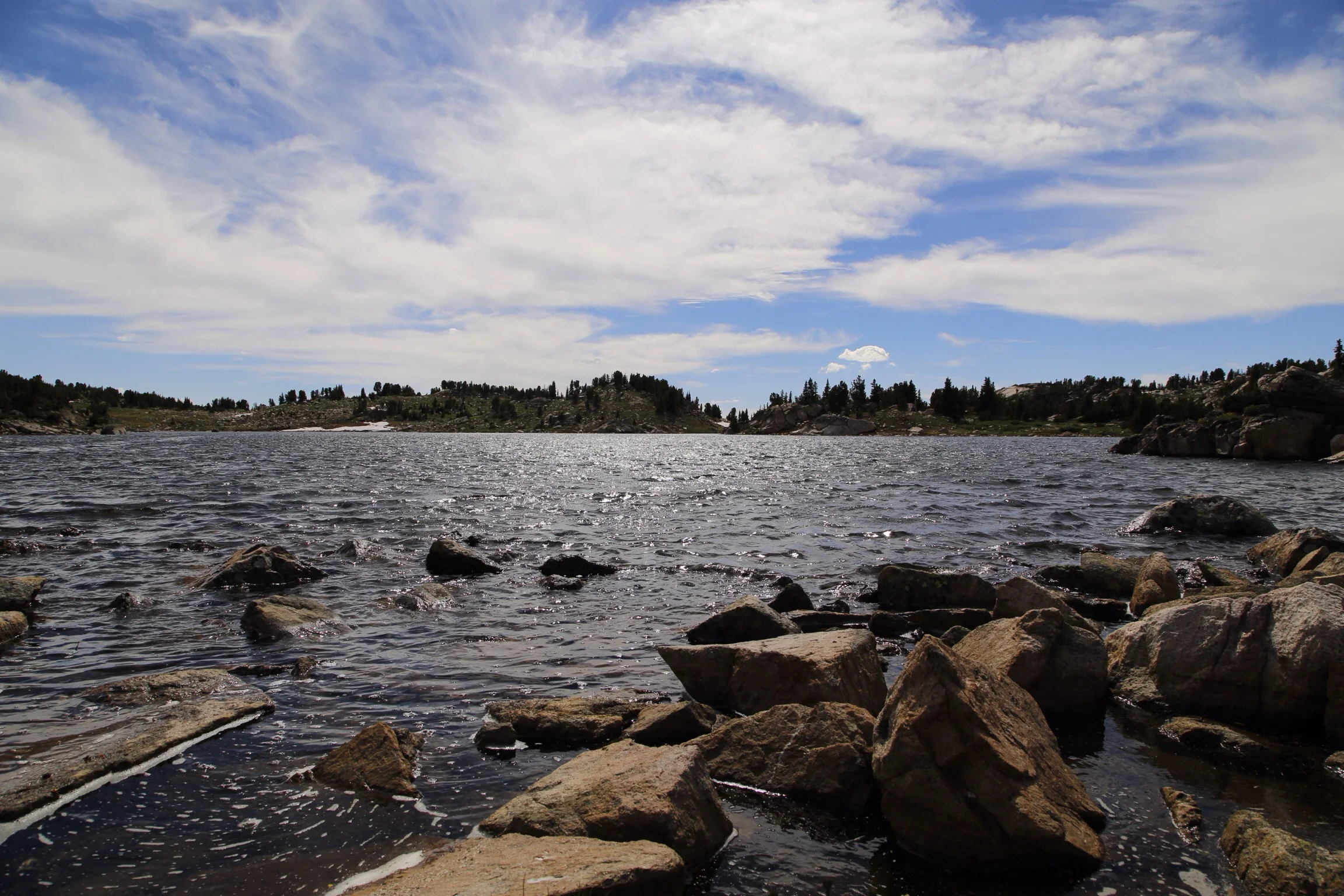Using beneficial bacteria and biofilm engineering to help filter wastewater and improve water quality
Dr. Ellen Lauchnor, recipient of the Montana Water Center's 2015 Faculty Seed Grant, is providing new solutions for improving water quality throughout Montana. Currently serving as assistant professor of Civil Engineering at Montana State University, Dr. Lauchnor's research aims to improve state-wide water quality by incorporating biofilm engineering into wastewater treatment plant design and operation.
In wastewater treatment plants, microorganisms degrade waste products in the wastewater that we generate, allowing clean water to be returned to nearby rivers and streams. Some of the waste contains nitrogen compounds, which are essential nutrients but can be harmful to humans and aquatic life if too much is released into surface water.
Specific bacteria called nitrifying and denitrifying bacteria help to consume the nitrogen compounds and remove them from the wastewater. However, the presence of chemicals from industries and household products sent down the drain can prevent the microorganisms from cleaning nitrogen from the water, thus reducing the water quality downstream.
“Many wastewater treatment plants in Montana are not currently able to remove enough of these nitrogen compounds from their wastewater to meet regulatory requirements. ”
Dr. Lauchnor's research will determine the impacts of certain chemicals from household and industrial use on the nitrifying bacteria and their ability to help with nitrogen removal. Her science team will use laboratory bioreactors to cultivate bacteria sampled from a local wastewater treatment plant.
A strategy for improving the ability to treat the nitrogen in the wastewater will be to cultivate the bacteria as aggregates attached to surfaces, or biofilms, instead of free floating in the wastewater. In this state, the bacteria may be more protected from chemicals when they are present in the wastewater. The end goal of this research will be to provide new insights that can be used in the future for improving wastewater treatment plant design and operation.

